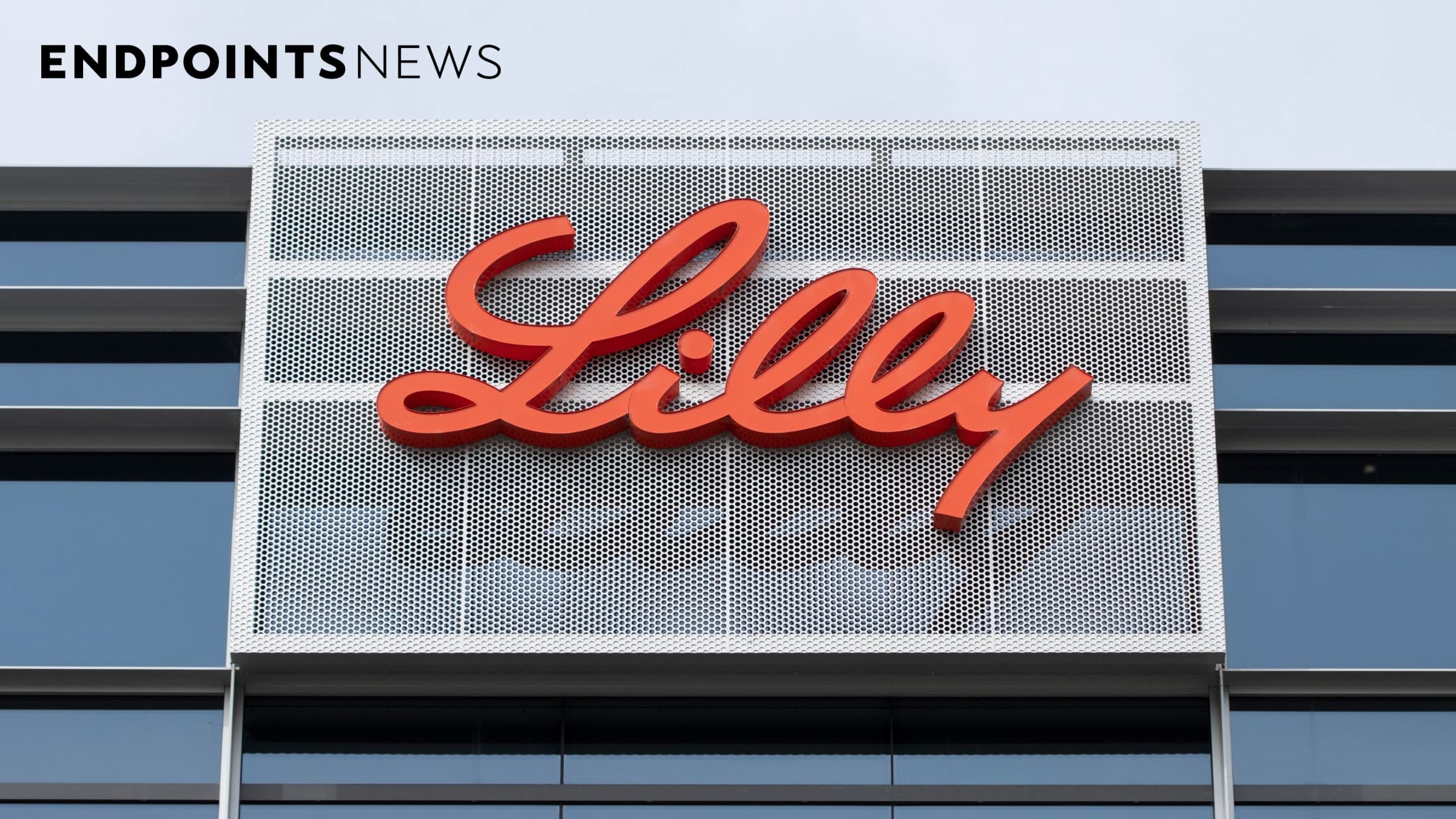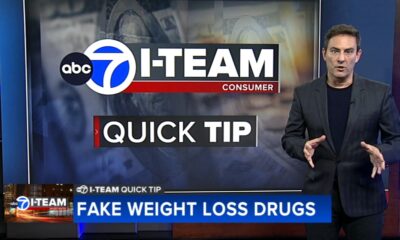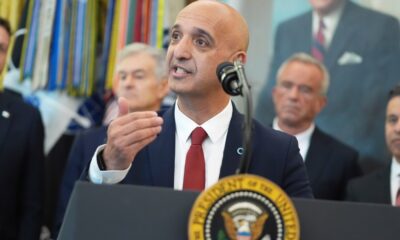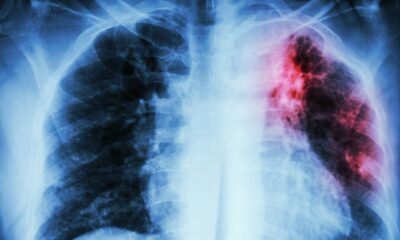Health
Eli Lilly’s Obesity Pill Shows Lower Efficacy Than Competitor

Eli Lilly’s recent data indicates that its GLP-1 obesity medication is less effective than a similar product from Novo Nordisk. The company reported that patients lost up to 11.2% of their body weight after 72 weeks of treatment. This finding emerges as competition intensifies in the obesity drug market, where effective weight-loss solutions are in high demand.
Comparative Efficacy and Market Implications
According to Eli Lilly, clinical trials for its GLP-1 pill demonstrated a maximum weight loss of 11.2%. In contrast, Novo Nordisk’s medication has been shown to enable patients to lose significantly more weight in similar timeframes. This disparity in results could impact Eli Lilly’s market position as healthcare providers and patients weigh their options.
Market analysts suggest that Novo Nordisk’s superior outcomes may provide it with a competitive edge, particularly as obesity rates continue to rise globally. The World Health Organization estimates that obesity affects over 650 million adults worldwide, underlining the urgent need for effective treatment options.
Future Development Plans for Eli Lilly
In response to the latest findings, Eli Lilly has indicated plans to further investigate the performance of its GLP-1 pill. The company aims to refine its approach and potentially enhance the efficacy of the medication. Eli Lilly’s spokesperson emphasized the importance of continuous improvement in addressing obesity, stating, “We are committed to developing treatments that can significantly impact patients’ lives.”
As healthcare systems globally prioritize obesity management, Eli Lilly’s ongoing research and development efforts will be closely monitored. The company’s ability to adapt and innovate in this competitive landscape could determine its success and the potential for its GLP-1 medication to gain traction among healthcare providers and patients alike.
With the stakes high in the obesity drug market, the coming months will be crucial for Eli Lilly as it navigates these challenges. The outcome of its development efforts may influence not only its market share but also the broader landscape of obesity treatment options available to patients worldwide.
-

 Technology4 months ago
Technology4 months agoDiscover the Top 10 Calorie Counting Apps of 2025
-

 Health2 months ago
Health2 months agoBella Hadid Shares Health Update After Treatment for Lyme Disease
-

 Health3 months ago
Health3 months agoErin Bates Shares Recovery Update Following Sepsis Complications
-

 Technology3 weeks ago
Technology3 weeks agoDiscover 2025’s Top GPUs for Exceptional 4K Gaming Performance
-

 Technology2 months ago
Technology2 months agoElectric Moto Influencer Surronster Arrested in Tijuana
-

 Technology4 months ago
Technology4 months agoDiscover How to Reverse Image Search Using ChatGPT Effortlessly
-

 Technology4 months ago
Technology4 months agoMeta Initiates $60B AI Data Center Expansion, Starting in Ohio
-

 Technology4 months ago
Technology4 months agoRecovering a Suspended TikTok Account: A Step-by-Step Guide
-

 Health4 months ago
Health4 months agoTested: Rab Firewall Mountain Jacket Survives Harsh Conditions
-

 Lifestyle4 months ago
Lifestyle4 months agoBelton Family Reunites After Daughter Survives Hill Country Floods
-

 Technology3 months ago
Technology3 months agoUncovering the Top Five Most Challenging Motorcycles to Ride
-

 Technology4 weeks ago
Technology4 weeks agoDiscover the Best Wireless Earbuds for Every Lifestyle





















